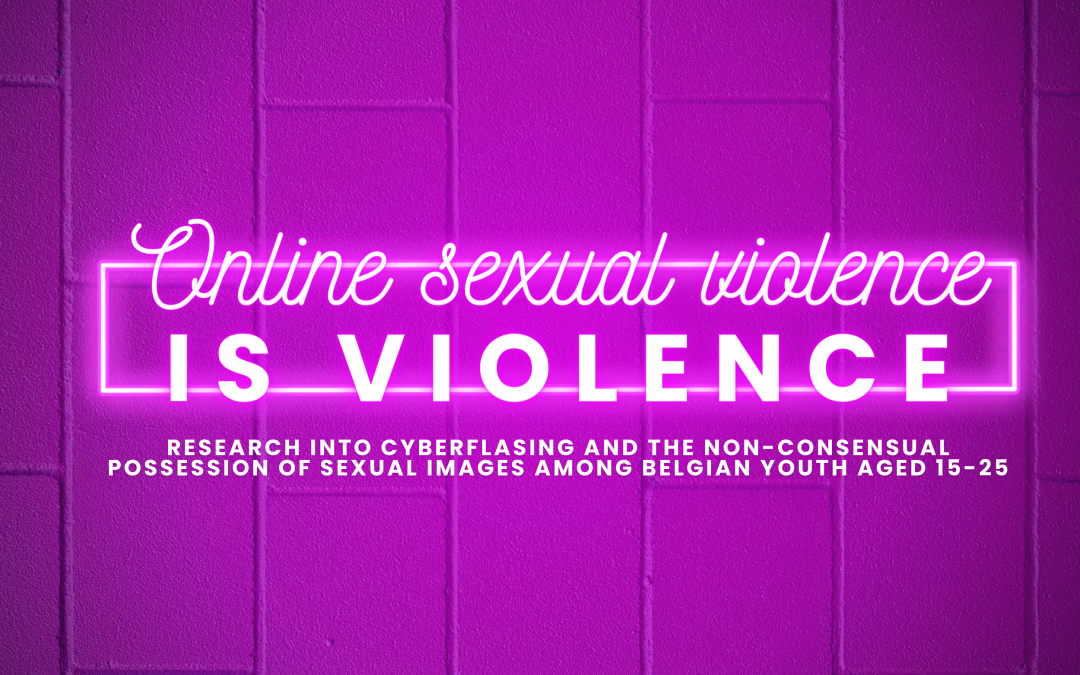“The digital space is an integral part of the public space. There is no reason why it should escape regulation and the notion of consent. Everyone should feel free and safe there. Yet online sexual violence is real and can cause terrible damage, even leading some young people to commit suicide. Younger generations are particularly vulnerable to this phenomenon: on their way home from school or university, harassment is often perpetuated online. Intimate images of you can be held and distributed without your consent. I therefore decided to commission a study to get an objective overview of this situation and to define courses of action”, says Sarah Schlitz, State Secretary for Gender Equality, Equal Opportunities and Diversity.
The study clearly shows that young people are regularly confronted with the non-consensual reception of sexually explicit images, especially girls and women, young people aged 15 to 18 and LGBTQIA+ populations. Once the new penal Code comes into force, this practice will be punishable by law.
Some figures from this study:
- 1 out of 3 girls aged 15-25 have been a victim of “cyberflashing”
- LGBTQIA+ youth face greater risk of being a victim of online sexual violence
- 74% of people aged 15-25 believe that the non-consensual possession of intimate images should be penalised
Link to the survey : https://sarahschlitz.be/wp-content/uploads/sites/300/2023/03/Research-about-online-sexual-violence-in-Belgium.pdf



 Français
Français